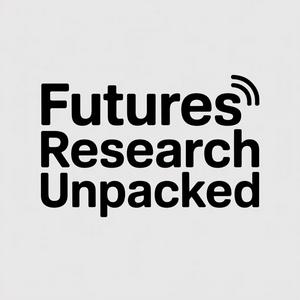#16 - A decolonial and participatory research approach to envision equitable transformations toward sustainability in the Amazon
Unveiling Decolonial Futures: Empowering BIWOC in the AmazonJoin us as we dive into a groundbreaking research paper that explores decolonial and participatory approaches to envision equitable transformations toward sustainability in the Amazon. This episode highlights a collaborative effort with 20 Black, Indigenous, and other Women of Color (BIWOC) in Colombia's Putumayo department, who are actively fighting against the exploitation of nature.Discover how researchers and BIWOC co-created a "safe enough" border space to challenge dominant Euro-Western perspectives and foster epistemic equity. We'll discuss their innovative methodology, which combines participatory scenario-building, storytelling, and Causal Layered Analysis (CLA).Learn how this research unpacked the causes of inequity and degradation, leading to the development of three radical future visions for the Amazon: "The Amazonian Desert," "A New Age," and "The Revenge of Coca". We'll also explore the emancipation pathways for BIWOC embedded within these narratives, showcasing the power of local voices and endogenous discourses, such as the Nasa people's worldview, the Afro-descendant vivir sabroso philosophy, and Zapatista autonomy principles.This discussion emphasizes the crucial role of diverse worldviews and decolonial praxis in shaping genuinely equitable and sustainable futures, demonstrating a powerful methodological approach to include marginalized perspectives in sustainability agendas.REF:Sánchez-García, P. A., Schröter, B., Krause, T., Merrie, A. S., Pereira, L., Nielsen, J. Ø., & Loft, L. (2025). A decolonial and participatory research approach to envision equitable transformations toward sustainability in the Amazon. Futures, 172, 103638. https://doi.org/10.1016/j.futures.2025.103638
